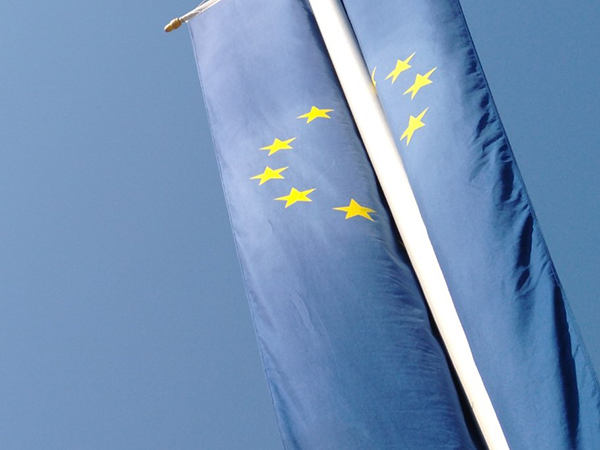By Michael Seifert
In statements to the media in recent weeks, interior ministers of various federal states and also the former federal interior minister have repeatedly spoken of illegal entries of refugees into Germany. These increasing “unauthorised” entries are worrying and must be prevented. However, these politicians do not talk about the fact that people have a good reason to come to Germany when they seek asylum. tünews INTERNATIONAL asked the Tübingen lawyer Holger Rothbauer what the legal situation is. He is an expert in foreigner and refugee law.
“If a person from a third country crosses the border into Germany without a valid residence permit or visa, this is objectively an illegal entry and thus a criminal offence”, Rothbauer explains. “However, a person running away from bad things like war or persecution cannot first apply for a visa at a German consulate, which is usually not around the corner. That is why the legislator has provided that any person fleeing from whatever and seeking asylum may also enter the Federal Republic without permission.” However, they would then have to apply for asylum immediately “without culpable delay” and would then receive a residence permit. “With this, the unauthorised entry is cured and not punishable. This also applies if the asylum procedure ends negatively.”
How does this have to happen concretely, what does one have to do then? Rothbauer: “The refugee has to report to a police authority or a municipal foreigners authority and say the word ‘asylum’ or ‘refugee’, e.g. ‘I am a refugee’.” The police authority has to record this and forward it to the Federal Office for Migration and Refugees (BAMF). The person would then be sent to a central reception centre in the respective federal state.
Is there a legal entry possibility for refugees at all? Yes, within the framework of contigent programmes. In 2015/16, 1,000 Yazidi women were brought to Baden-Württemberg for safety from IS persecution. Rothbauer also mentions the possibility of entering with a forged visa. However, this is only a legal option until possibly in some cases the visas are checked and possible forgeries are detected and if necessary prosecuted as a criminal offence.
In a press release, the Federal Police announced at the end of 2021 that there were over 11,000 illegal entries of refugees in 2021 who managed to cross the Belarusian-Polish border despite border guards and travelled through Poland. This is a special case that raises problems. Because Poland is then the first country in the EU that the fugitive enters and would therefore have to carry out the asylum procedure. Rothbauer complains: “But unfortunately this EU asylum system does not work in practice. Because the Poles, because they have a problem with Muslims—as they also say quite officially—let the refugees who have made it across the Polish border pass through to Germany.” In Germany, it would then have to be checked according to the Dublin regulation whether the people had already been registered elsewhere. “This then leads to Germany having to conduct the asylum procedures, knowing full well that the people have of course come via Poland”, explains Holger Rothbauer.
More often, however, the people who have fled are turned back, sometimes forcibly, at the Polish border by the Polish border police. For Rothbauer, this so-called “pushback” is a clear violation of the EU directive that was adopted by all EU states in 2013, including Poland. This is because all these refugees are entitled to an asylum procedure based on the rule of law. The same applies to the repatriation of refugees across the sea by the Greek police or to the pushback measures at the Croatian-Bosnian border. Rothbauer has great respect for people from the Polish population: “It is outstanding how they try to help the refugees with everything they have.”
Legal sources for lawyer Holger Rothbauer’s comments: § 95, Absatz 1 Aufenthaltsgesetz, § 12, 13 and 55 Asylgesetz.
tun22020101
Ein Kastenwagen der Polizei. Foto: tünews INTERNATIONAL / Mostafa Elyasian.




